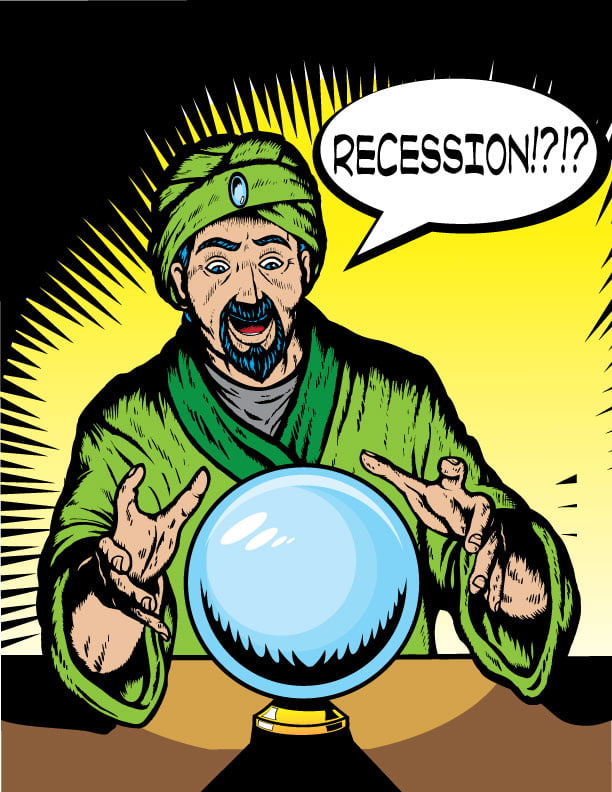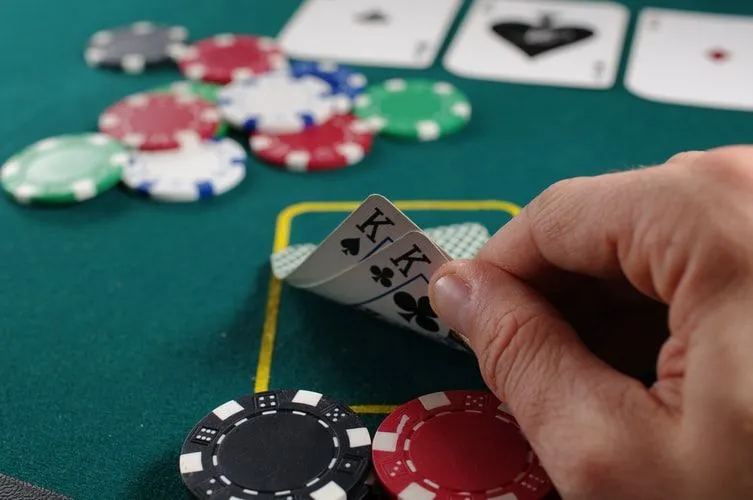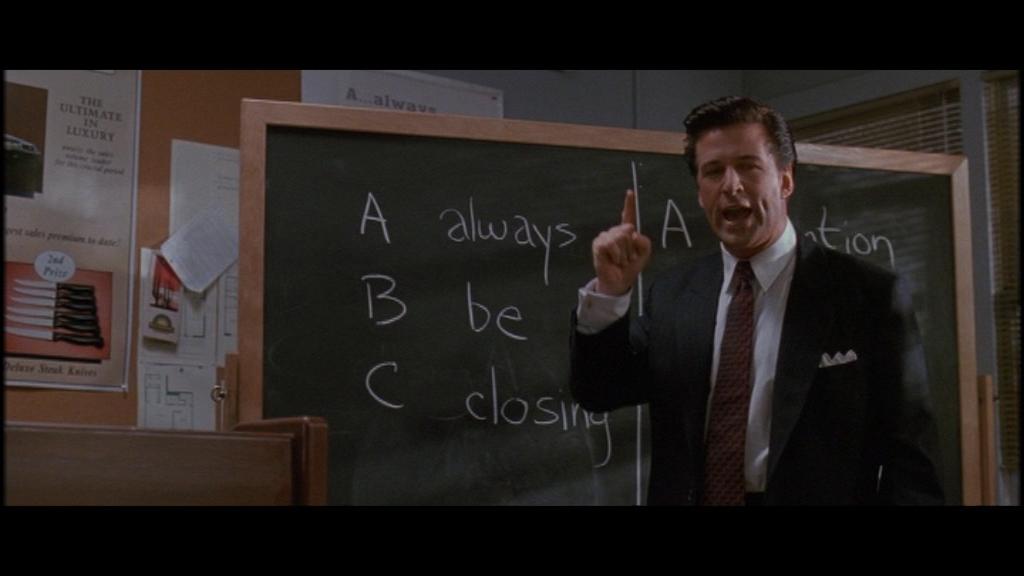
What Makes A Medical Malpractice Case?
Damages, damages, damages. If you are calling me about your own medical malpractice case, then I am instantly concerned whether you have sufficient damages to pursue a case. Conversely, if someone else has to call for you or you died, you are more likely to have a case worth pursuing. Why? These are expensive and long cases to pursue. Plus, physicians are entitled to make judgments, rightly or wrongly at the time of treatment. They don’t know how things will turn out and a jury will be told not to judge them in retrospect. They did not know that that spot was not a bone island but rather a mini tumor. It is easy to see in retrospect, but that is not how these cases are judged.
As I tell most people, you don’t want to have a medical malpractice case worth pursuing. So, in my view, you had better have a lifetime of pain and suffering or lost a body part or died before your medical malpractice incident meets criteria to become a case. I field five calls a week from people who are incensed by the poor care they received. They are right. People get crappy care. But, crappy is not the standard for a lawyer to take your case. Crappy care with devastating results is the standard to me.
Here is an example. A doctor should have recognized that you had a bowel obstruction. The doctor failed to do so. You are rushed to the hospital are diagnosed with sepsis, which is a systemic and dangerous infection. You have surgery to remove the blockage, sew your intestines back together, close you up and you recover. It sucks and you are miserable and the doctor’s boss comes to you and says we are sorry Dr. Bob screwed up. Do you have a case worth taking? I don’t think so. You are fine. Not happy with the care, but you look fine and your records say you are fine. End of story. Next!
How about this? You go in for a routine biopsy of your prostate as do 20 other men on the same date. Your prostate sample comes back as clear or no cancer anywhere. Unbeknownst to you, your prostate had a small cancerous tumor but your slides were mistakenly switched with another patient’s slides in a high volume operation that reads a lot of prostate slides. This scenario happens periodically. Do you have a case? Meh. Well, assuming that the mixup is figured out sooner than later, you would have had your prostate out anyway or some similar treatment. So, no damages. If there is a delay of over a year or so and you develop metastatic prostate cancer, then yes, you have a case. More interestingly, the person who was on the other end of the slide mix up and had their prostate removed, but the prostate was found to have no cancer anywhere has a strong case. Because of the lab mix up, their prostate was removed and never needed to be removed.
The Low Hanging Fruit:
Clients with strong cases know that they have a strong case and can be patient and wait for the settlement to come. You have a fractured leg from a car crash and have surgery? You will get paid in the end. It may take a bit, but I will get you paid.
Clients with weak cases or iffy connections between the crash and the injury tend to have a much harder time as defense counsel can see various defenses and hence room for negotiation to reduce the value of your case.
As a personal injury lawyer, I have to be able to explain your case to an insurer, a judge, a jury in a few simple sentences, themes or photos. Personal injury trials in auto crash cases usually last 3 days or so including jury selection, playing videos of doctors testifying etc. So, a jury may hear an hour or two of testimony and an hour or two of arguments and that is it. If you have an injury that may be vaguely related to your crash, but is incredibly complex, it is best left out of your case.
For example, maybe you were in a bad crash and it worsened your anxiety and you had to double your medication dosage. Is that a real injury? Of course! Can you claim that in Pennsylvania? Of course! It is an aggravation of a pre-existing condition and well-recognized as entitled to compensation. However, do I, as your lawyer, want to base an entire case on that as your injury? Nope. Why? Well, first we have to discuss your baseline anxiety, which may seem unusual or stigmatizing to your jury. Second, there is no injury identifiable on any scan, test etc. So, you could be making the aggravation up to beef up your settlement. Next, we need to have your psychologist explain how your anxiety changed or worsened. It is a medical condition and so it is not enough for you to explain that it was the result of the crash. A medical doctor or licensed professional needs to draw the connection. Plus, you likely present as an anxious person and anxious people are often perceived as hypersensitive to certain events. Rightly or wrongly, it is a tough sell and not a case I would want to take to a jury. Is it a real case? Yes, surely.
I turn down cases every week that have insufficient damages to make them worth pursuing. So, the low hanging fruit are the cases that end up in my case load. If you need a lawyer who will take any case and not worry too much if it makes sense or will benefit the client, then go see the lawyers who advertise on buses, on daytime tv, and operate on a huge volume basis. Do you know why they need to advertise? The high volume shops have lots and lots of unhappy clients and as a result, their former clients don’t refer new clients back to them because they are unhappy with the treatment they received. I don’t want unhappy clients.










